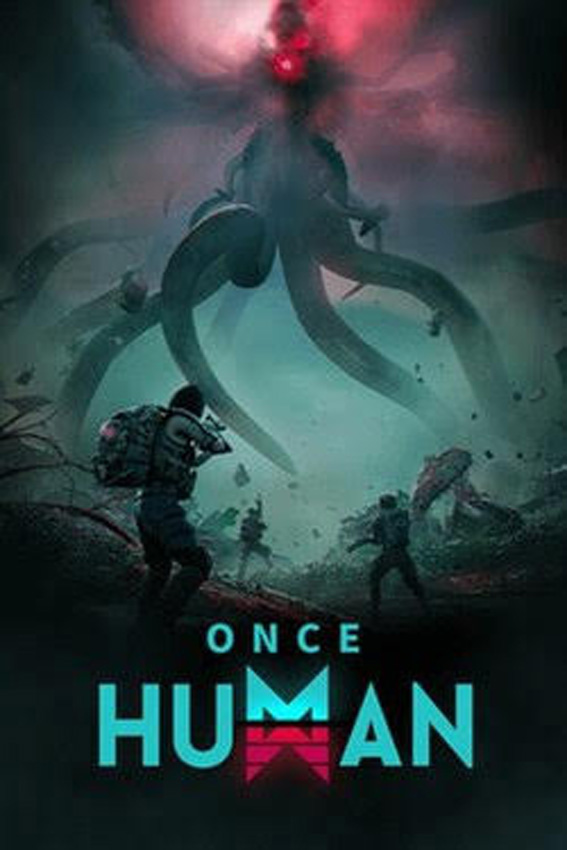The Christian Bible, one story written over a period of 1600 years by over 40 different authors into 66 separate books, has been read, shared and taught to millions of people all around the world. Although parts and stories from this best-selling and most widely-known book in the world had been converted to film, no one had ever tried to boil the whole story down into a series until executive producers Roma Downey and Mark Burnett came together to create the epic miniseries The Bible.
Premiering at 8 p.m., March 3, on the History Channel, the 10-hour production was broken up into 2-hour episodes and will be shown every Sunday night through March 31. Each episode focuses on the lives and stories of some of the more prominent and major Bible characters, beginning with Abraham in Episode One and ending on Easter Sunday with the birth, death and resurrection of Jesus Christ.
The Feather will provide a brief review for each of the following episodes. Check back every week through Easter to read the latest update on the series.
This week on the History Channel was Episode Two of the series, which featured Joshua and the battle of Jericho, Samson and the Philistines, King Saul and many of the well-known stories with David. The program began with a recap of last week’s movie and then ran it back right before where it left off with the Israelite spies trapped in Jericho.
The men escape with the help of a prostitute named Rahab, to whom they promise protection when they destroy the city. Following the Israelites’ famous march around Jericho, the walls fall down and the army conquers the one power standing in their way of possessing the Promised Land. One hundred years after Joshua’s death, the 12 tribes of Israel have spread out across the Promised Land and face another dominating enemy-the Philistines- who become another oppressor of the Israelites.
Here viewers are introduced to Samson, one of the many judges God used to guide His people. From his birth and consecration, Samson is blessed with supernatural strength which He uses to fight against the Philistines, at times killing hundreds of men by himself. His heart is drawn to the Philistine women, though, which eventually leads to his deception and loss of strength based on the breaking of a covenant made long before. Samson dies at the hand of the Philistines, but God empowers him one last time to take down thousands in his death.
The battle against the Philistines is not over yet, though, and the great champion Goliath challenges the Israelites to a one-on-one fight. In probably the most famous Bible story ever, David, a small shepherd boy, takes out the nine-foot, nine-inch giant with his sling and a stone, shaming the entire army and proving himself a warrior. As he grows older, David continues to fight with Saul’s army, killing tens of thousands of men.
King Saul, Israel’s first human ruler, is not at all pleased with David’s achievements, especially for the popularity he is gaining. Saul knows that his kingdom will be taken from him, due to his past disobedience of God’s commands, but he does not want David to take his place, resulting in multiple attempts to kill him. Eventually Saul and his sons are killed in battle, and David assumes the throne as God’s anointed.
In the midst of the king’s great exploits, David has an affair with a woman named Bathsheba and covers it up by putting her husband on the front lines in battle, committing both adultery and murder. The prophet Nathan calls him on it, and the son he has had by this affair dies despite David’s remorseful prayers. David and Bathsheba have another son, Solomon, who is set to be the builder of God’s temple. Here the movie ends, with a sweet father, mother and son scene, a very serene ending compared to a violent episode.
Although Episode One was a little gruesome, it was nothing compared to the stabbing and throat-slitting and neck-breaking that this week showed. My stomach churned and I covered my eyes more in this movie than I have for a long time. I was not surprised to find that it was TV rated 14 for violence, but then again, the Bible is not exactly a G-rated book. The producers stayed pretty true to the violent and even gross scenes depicted, no doubt to keep our shock-factor generation engaged. I think they succeeded.
I did not know if the producers were going to maintain the theme of “God is with us” that they claimed ran through the whole series, but so far, they have done a really good job of it. For all of the characters in this episode- Joshua, Samson, David, and even Saul- they have found a way to bring out that part of their story.
The History Channel did a recap of last week’s episode and then the Bible series did its own recap before they even got started on the actual show. Including watching the ending last week, because of the double recap I ended up seeing one part three times and that got a little frustrating. If they only have ten hours, I would think that they would do less recaps and try to include more of the stories from the Bible, or at least more details on the stories they have chosen.
It was interesting how some parts of stories were merged into one another, like David’s reciting Psalm 23 as he walked to the battlefield with Goliath. It really put a lifelike and human face to the words we read so often. There was one combination of events, though, that definitely should not have been made.
The producers used the shot of David with his sheep as the scene where Samuel anoints him as king, when actually, David was called from the field to the place where his brothers were and was chosen and anointed there. I understand merging events if the time and place of one or both are indefinite, like David’s writing of Psalm 23, especially if time is limited. I do wish, though, they had not changed concrete and important parts of the storyline to accommodate their lack of space.
Another scene I had issue with was the one where the prophet Nathan was confronting David on his sin with Bathsheba and telling him the consequences for his actions. Instead of showing immediate remorse like he did in the Bible, David challengingly and a little bit defiantly says, “We’ll see about that.” I know that is not the tone or message the producers were trying to convey, that David was a little rebellious and disrespectful, but this is what came across.
He is known in the Bible as “a man after God’s own heart”, despite his many mistakes. In the scene with Nathan and even the scene where he is dancing before the Ark of the Covenant, the movie does not show the humble servant of God that he was, willing to accept rebuke and always striving to know God more. I think that in their illumination of his failures they missed what made David so great.
Some people are finicky about little details, and some people wonder why it would even be an issue that a quote or location would be changed. How much of the Bible, or any book, is unimportant details, though? An author includes details with a specific purpose. He does not do it for no reason.
I feel that this episode started to deviate more and more from the actual story, not so much the storyline, but certain scenes and attitudes. This one is starting to look more like a “based on a true story” film. However, producers, or people in general, will never be perfect, and so far the good outweighs the bad. I do still believe that it is good that the series is on TV and I hope people continue to keep watching it.
This writer reached via Twitter: @JennaWeimer42.
For a review on the first week, see the March 7 article, History Channel showcases ‘The Bible’ television series, Week 1 (VIDEO).






